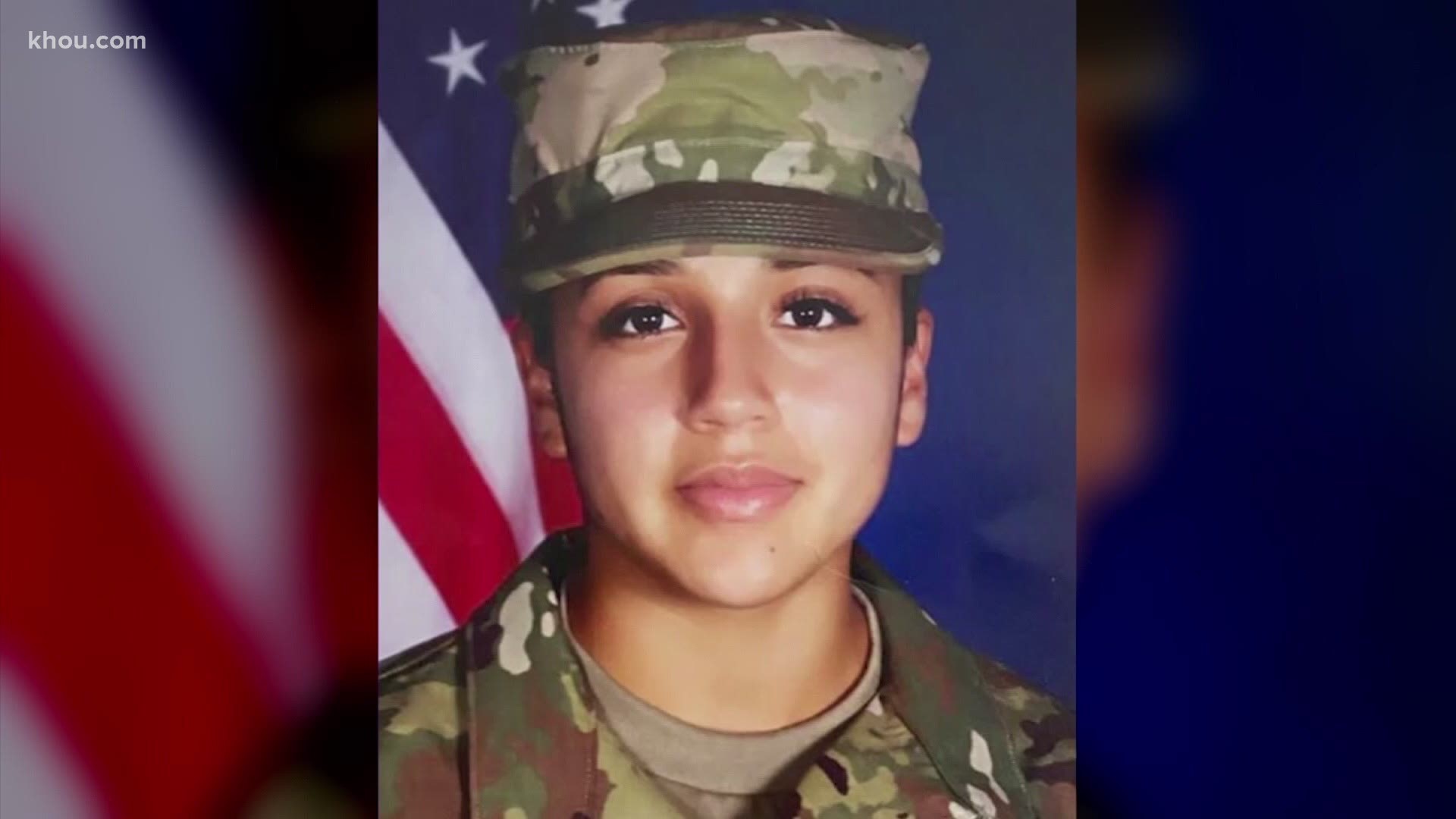FORT HOOD, Texas — As the death of Fort Hood Soldier Vanessa Guillen sparked a national movement against sexual harassment in the military, the Army program that is responsible for combating sexual harassment and assault on Fort Hood has been a common target for criticism.
The U.S. Army Forces Command sent an Inspector General team to Fort Hood on July 1 to inspect the program. III Corps senior leaders at the post requested the inspection but the review has not been released to the public.
After several weeks of requests for an interview about the program, 6 News was able to speak with 89th Military Police Brigade Victim Advocate Dietra A. Woods on Tuesday.
Find all the question and answers below:
How long has the program been on Fort Hood?
Woods: "The sharp program has been on Fort Hood since 2012."
How many victim advocates are their on Fort Hood to serve soldiers?
Woods: "Here on Fort Hood there is a total of 45 SHARP professionals that work in the installation. In each brigade, you have a SARC. A Sexual Assault Response Coordinator and a brigade victim advocate. The difference between the two is the SARC is the military professional and the victim advocate is your civilian personnel."
How do soldiers report sexual assault?
Woods: "If it's an assault, you have two different ways to report it. Restricted or unrestricted. Restricted means that no one will see that report except for the CG (Commanding General) and of course my SARC would know about the report. And the SHARP program manager on the installation. When It comes to an unrestricted report. That means that the soldier has said 'I would like for that alleged defendant to receive some type of punishment as to what has happened to me."
How many people would know about that unrestricted report?
Woods: "The soldier's immediate chain of command would have to know to ensure they are able to help that soldier to overcome what they need help with. The next level boss would have to know and then the commanding general of the installation. Their staff never needs to know."
How do soldiers report sexual harassment?
Woods: "(Reporting Indirect) never involves the chain of command. One of the things about our victim advocates and SARC's work, we are kind of that indirect way. We never have to tell the chain of command anything unless the soldier wants us to.
They report sexual harassment to you and then you tell the third party to leave them alone?
Woods: "Yes"
How is this enforced?
Woods: "The enforcement mechanism is for us to write it all down. That's where that formal report comes into place. The formal documentation that says, 'I need this to stop happening right now.'"
Who sees that formal report?
Woods: "The 1st Sgt. and the next level (of the chain of command). If it was the commander or 1st Sgt. that the soldier had the issue with, it would go to the next level."
What is in place to prevent retaliation?
Woods: "There are all kinds of different policies and regulatory guidance that have been put out in reference to retaliation and ostracism. It's normally reported back to us."
What can the SHARP program on Fort Hood do to increase soldier confidence in the program?
Woods: "Having the right person to speak that language to them, making yourself human enough...A lot of times people will say that they care but they are not showing that they care. Body language has a lot to do with it... I've learned to soften my look a little bit to make people what to express things in a way that I am able to help them."
What needs to change to improve the program at Fort Hood?
Woods: "Probably just keep on the messaging and just increase command emphasis. I'm not saying it's not there, but continue to increase it and improve on the messaging."
What needs to happen to make people less afraid to speak out?
Woods: "Sometimes you gotta take a stand by taking a stand. Soldiers that know that they want to come forward need to go ahead and start talking. Our door is always here and our phone is always on."
Woods gave 6 News two hotline numbers for the program. She said they are answered 24 hours a day.
Safe Helpline: 1 877 995 5247
SHARP Hotline: 254 319 4671
Also on KCENTV.com:

